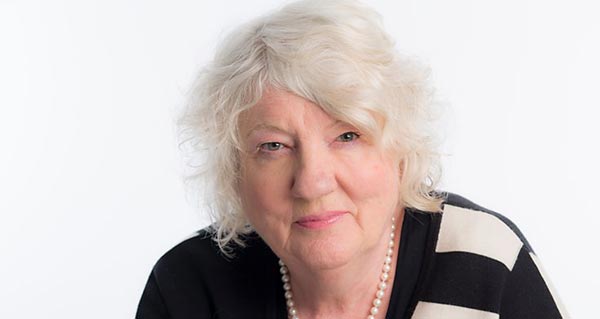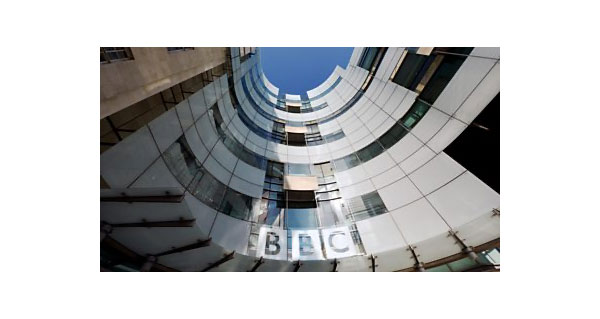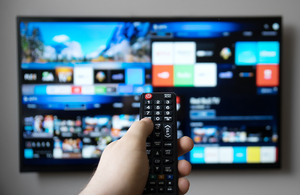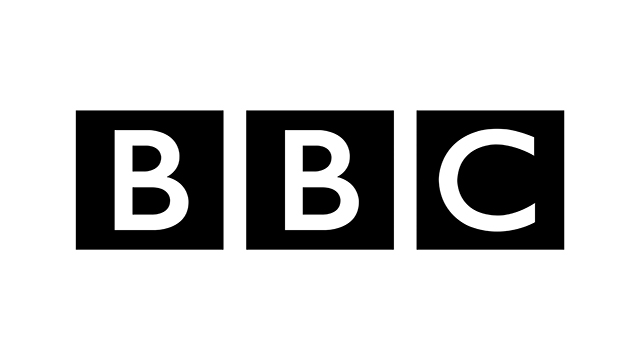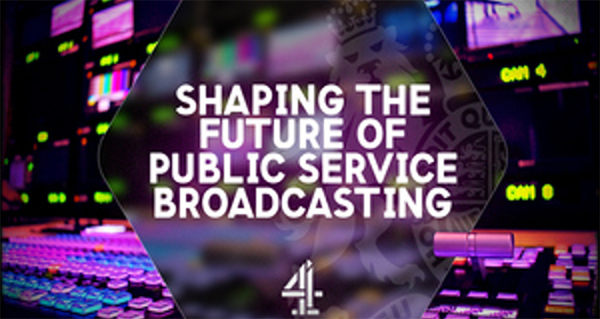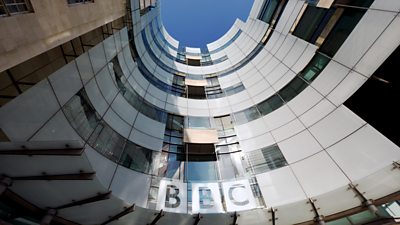The television license fee in the U.K. will remain at £159 until 2024, before rising in line with inflation for four years.
The move was announced by the U.K.’s Department for Digital, Culture, Media & Sport (DCMS) and Culture Secretary Nadine Dorries. “The settlement will give the corporation the financial certainty it needs and a clear funding stream to deliver effectively on the Mission and Public Purposes set out in its Royal Charter while protecting households at a time when many are facing financial pressures,” DCMS said in a statement.
This year, the BBC will receive about £3.7 billion in license fee funding, for a total of £23 billion over the six-year settlement period through March 2028.
“This is a fair settlement for the BBC and for license fee payers,” Dorries said. “The BBC must support people at a time when their finances are strained, make savings and efficiencies, and use the billions in public funding it receives to deliver for viewers, listeners and users.”
DCMS says it will continue to consider the viability of the license fee for funding the BBC. “It’s time to begin asking those really serious questions about the long-term funding model of the BBC, and whether a mandatory license fee with criminal penalties for individual households is still appropriate,” Dorries noted.
The BBC called the freeze “disappointing—not just for license fee payers, but also for the cultural industries that rely on the BBC for the important work they do across the U.K.,” per a statement from Chairman Richard Sharp and Director-General Tim Davie. “The BBC’s income for U.K. services is already 30 percent lower in real terms than it was 10 years ago. We will set out the implications of the settlement later, before the end of the financial year, but it will necessitate tougher choices that will impact license fee payers.”
“We have great faith in the BBC and its future. We will do everything to ensure the BBC continues to punch above its weight for Britain and for audiences around the world. We will continue to drive an ambitious program of reform, moving more of our output across the U.K., transitioning the organization to a digital future and delivering distinctive and impartial content. We have a uniquely talented team of people at the BBC who are focused on delivering this for the public.
“We actively look forward to the national debate on the next Charter and, of course, all options should be considered. The BBC is owned by the public and their voice must always be the loudest when it comes to determining the BBC’s future.”
 TVEUROPE
TVEUROPE
